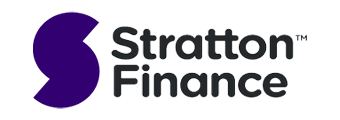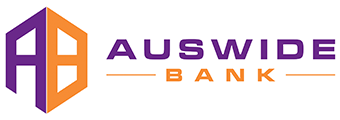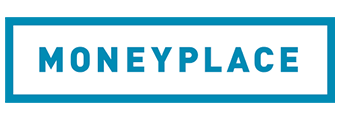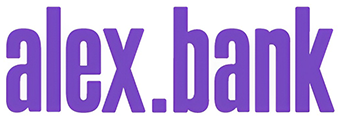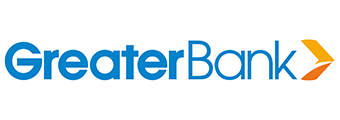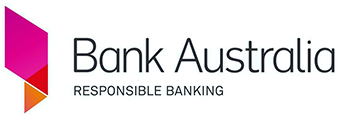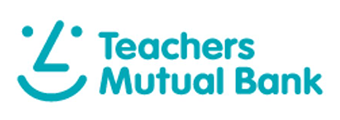Fact Checked
| Lender | Car Loan | Interest Rate | Comparison Rate* | Monthly Repayment | Interest Type | Vehicle Type | Maximum Vehicle Age | Ongoing Fee | Upfront Fee | Total Repayment | Early Repayment | Instant Approval | Online Application | Tags | Row Tags | Features | Link | Compare | Promoted Product | Disclosure |
|---|---|---|---|---|---|---|---|---|---|---|---|---|---|---|---|---|---|---|---|---|
5.99% p.a. | 7.12% p.a. | $913 | Variable | New | No Max | $8 | $400 | $32,851 |
| Promoted | Disclosure | |||||||||
6.57% p.a. | 7.19% p.a. | $920 | Fixed | New | No Max | $0 | $250 | $33,135 |
| Promoted | Disclosure | |||||||||
6.52% p.a. | 6.95% p.a. | $920 | Fixed | New, Used | No Max | $0 | $350 | $33,111 |
| Promoted | Disclosure | |||||||||
6.24% p.a. | 6.59% p.a. | $916 | Fixed | New | No Max | $0 | $250 | $32,973 | ||||||||||||
6.29% p.a. | 6.75% p.a. | $917 | Fixed | New, Used | No Max | $0 | $225 | $32,998 | ||||||||||||
6.25% p.a. | 6.52% p.a. | $916 | Fixed | New | No Max | $0 | $195 | $32,978 | ||||||||||||
6.48% p.a. | 7.19% p.a. | $919 | Fixed | New, Used | No Max | $5 | $250 | $33,091 | ||||||||||||
6.29% p.a. | 6.72% p.a. | $917 | Fixed | New | No Max | $0 | $0 | $32,998 | ||||||||||||
7.49% p.a. | 7.90% p.a. | $933 | Fixed | New, Used | No Max | $0 | $295 | $33,590 | ||||||||||||
6.59% p.a. | 7.72% p.a. | $921 | Fixed | New | No Max | $8 | $400 | $33,145 |
| Promoted | Disclosure |
Frequently Asked Questions
In most circumstances, a secured loan will make more sense than an unsecured loan.
In some cases, an unsecured loan may be a better option, especially if the car you’re looking to purchase doesn’t meet a lender’s eligibility criteria, such as being too old or in poor condition. An unsecured loan might also be preferred if the car is a gift for someone and you don’t want the recipient to be at risk of losing the car should you fail to meet the repayments.
Secured loans are generally easier to access as a borrower because the lender has the reassurance that if you default on the loan, the asset (often the car) can be repossessed.
Secured car loans are a win-win for you and your lender - you usually can access the car faster, and with a cheaper rate, while your lender has the reassurance it can recover any losses should you default.
The most common form of a secured car loan is where the car is listed as the security (a.k.a. collateral) on the loan. This means if you can’t make the repayments, the lender has the right to repossess the car.
Having this security lowers the risk of loss to the lender, which is why lenders generally offer lower interest rates on secured loans compared to unsecured loans.
Note that any car that’s used as security for a loan is recorded on the Personal Properties Securities Register (PPSR) as having an encumbrance over it. For $2, you can conduct a search on the PPSR using a car’s VIN or chassis number to see if the car has a debt attached to it.



